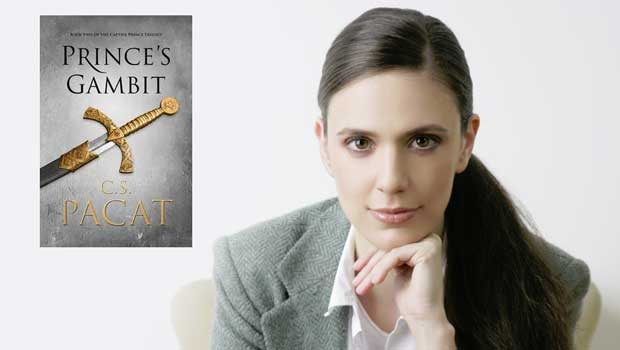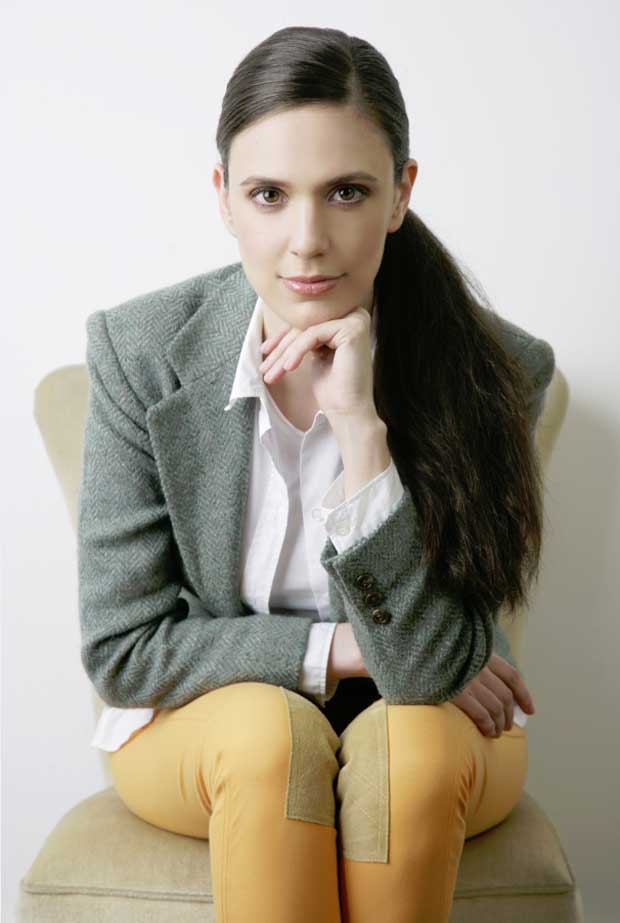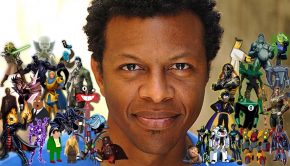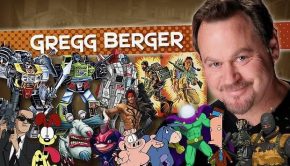C.S. Pacat Interview
Welcome to Impulse Gamer! Growing up, who were some of the authors that inspired you and why?
I like writing that is invisible. That is, I like the writing to feel simple but to feel there are things going on between the lines. My favourite author is Dorothy Dunnett. Dunnett is the master of the invisible. Where is this tension coming from? Why is this scene so agonizing? Tension and emotion pervade her books, sometimes almost unbearably, yet when you look at the writing, at the actual words, there’s nothing to show that the scene is emotional at all. Her control over what I think of as her “unwritten text” – that which is not said – is phenomenal. She has been an enormous influence on my writing.
I’m also very influenced by some of the epic fantasy storytelling that comes out of Japanese manga, and some of the series that inspired me include Berserk, Tokyo Babylon, X:1999, Arslan as well as some of the shoujo and yaoi epics like Ai no Kusabi and the Mirage of Blaze novels. I think that there is often a quality to manga that feels very free, unfettered by writerly self-consciousness, a willingness to take work to imaginative extremes. I also think that Japanese fantasy has a very sophisticated understanding of character archetypes, and the power that archetypes bring to a series.
Finally, as a teenager, I read a lot of online fiction and fanfiction, and found the community very inspiring, firstly, in their willingness to experiment. But also in the way that they were writing the stories that they themselves (and other readers) most wanted to see – in the case of fanfiction, even changing the source material until it was exactly what they wanted. That was very different to the creative writing classes that I took later, where many people found it difficult to tap into “reader desires”, and were often writing stories that they themselves would never read in a million years.
Can you tell us what inspired you to become a writer?
I always wanted to write books. I love the feeling of being swept up in a story, and I wanted to create that feeling for others.
As a teenager, I wrote fanfiction – I think a lot of genre writers start out this way. I was very inspired by those writers who came from the fan space, like Naomi Novik and Cassandra Clare. They were like trail-blazers for me, they marked out a path that I felt that I could walk, from the online space to original fiction.
What made you release the first two books online?
To me, it’s exactly the fact that the online space has existed unrecognised by commercial publishing until very recently, which makes it so exciting artistically. It has allowed the type of creative play that only occurs when you think no one is looking. When you know everyone is going to see, or when there is money or credibility at stake, or even just the desire to achieve mainstream publication with its particular requisites—those pressures change things. Online fiction is a space that has been evolving exuberantly unwatched for over two decades — telling the sort of stories that we have not let ourselves tell in public.
What are you currently reading?
I just finished Ancillary Justice by Ann Leckie, which won the Hugo and Nebula awards last year. One of the best books I’ve read in ages, a tightly-told, engrossing page-turner, and simultaneously an amazingly detailed exploration of identity, gender and cultural imperialism. I loved it.
Can you tell us what inspired you to create the Captive Prince series?
I wanted to write the book that I wanted to read. I love high-octane escapism, adventure, swordfights, chases, escapes, true love, intrigue, high stakes – and homoerotica, themes of sex, power and sexuality.
I am also fascinated by princes—not in the fairytale sense of “Prince Charming”, but because they are liminal, they are in a state of becoming, and they must displace someone else in order to fulfill their promise and become King. Displacement is incredibly powerful to me as a theme. I was immediately caught up by the idea of a prince who becomes a slave.
To those readers who have not read your novels yet, how would you sum up the Captive Prince series?
Captive Prince is fantasy adventure series, and at its heart is an intense, slow-built enemies-to-lovers relationship between two princes of rival nations.
It follows the story of Damen, a warrior prince whose half brother seizes power in a violent coup and sends Damen to serve the prince of an enemy nation as a slave. His new owner Prince Laurent is beautiful, manipulative and deadly, and Damen is thrown into a world of court intrigue and deception in a land where the knowledge of his true identity would mean his certain death.
Between Damen and Laurent, who is your favourite character and why?
I can’t choose! I love Laurent because I love characters who are dangerous and who wear their damage as strength, and because the “Machiavel” and the untouchable “ice prince” archetypes that he embodies are endlessly fascinating to me. I love Damen because he is a warrior hero – a hero’s hero – and he allows me to critique that kind of heroism, but also to celebrate it. I think they are at their best together – the Machiavel and Alexander cutting through the Gordian knot.
With the relationship between Damen and Laurent growing stronger in book two, what are some of the potential dangers that they may face in book 3?
In book three the truth of Damen’s identity is at the forefront. The forces converging on the thrones of Vere and Akielos are of course also a danger, but Damen’s identity is the heart of the book.
When can we expect book three in the series?
The release date for Kings Rising hasn’t been set yet, but you can expect an announcement by the end of this month.
Fans across the world have said that the Captive Prince series would make a perfect film series… has this been considered yet?
I’d love to see Captive Prince become a film or TV series, and I think that in the wake of shows like Game of Thrones and Spartacus, the mainstream landscape is ready. All I can say is, it’s something I hope for in the future.
In writing the series, what was the most challenging aspect about it?
The most challenging aspect of any series to me is the “invisible work” that is done before the writing starts – the world-building, character creation and plotting. It can seem like ideas just arrive, but I think the truth is that you often have to perform a lot of work on an idea to make it seem inevitable.
Most rewarding?
The most rewarding part of writing Captive Prince has been the incredible response of readers, and their excitement and love for the series.
Thanks again and all the best for the Prince’s Gambit!
To pre-order the book, please visit http://www.bookworld.com.au/books/princes-gambit-book-two-of-the-captive-prince-trilogy-pacat-c-s-cs-pacat/p/9780143799603











